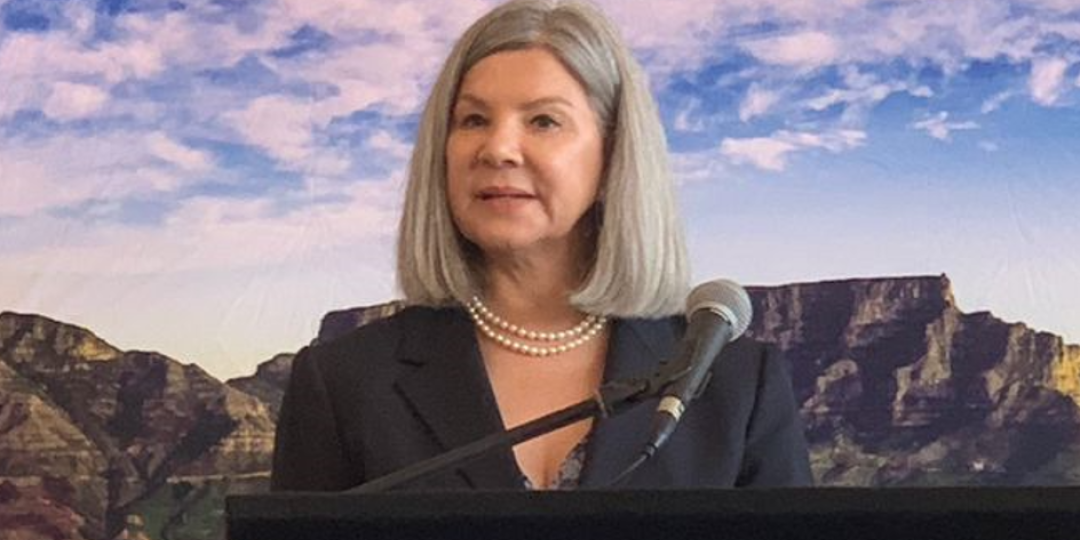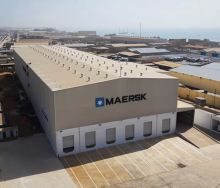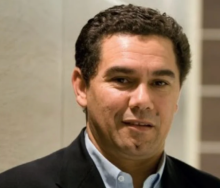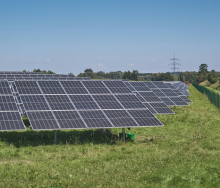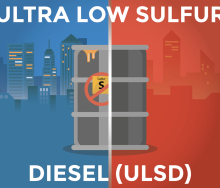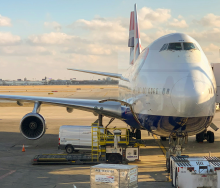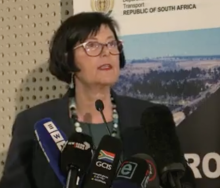As issues of load-shedding continue to plague the country, relations between the Western Cape (WC) and the European Union (EU) are being strengthened as the country looks for alternative renewable energy sources.
During a trade and investment breakfast on Monday, members of Wesgro, the EU Chamber, key European investors in the province, and the WC provincial government discussed the province’s progress as the country’s leading green economic hub.
Due to the current electricity crisis, which is severely threatening the country’s economy, there is demand for more foreign investment into green energy production. Additionally, Western Cape Premier Alan Winde pointed out that improving energy security would be crucial in attracting further investment.
The EU is SA’s largest source of foreign direct investment (FDI) and biggest trading partner, as over 1 000 European companies are currently active in SA, creating 350 000 job opportunities.
Western Cape’s MEC for Finance and Economic Opportunities, Mireille Wenger, says that the province has an old and proud history of collaboration with the EU, particularly through established economic, investment, trade and tourism connections.
“We are also proud to be a destination of choice for travellers from Europe, with seven out of the top 10 source markets to Cape Town originating from the continent. I look forward to building on and strengthening our relations, as we work together on our strategic priorities, to ensure that we continue to improve the lives of our peoples,” said Wenger.
The WC’s exports to the EU increased by 13.24% between 2020 and 2021, amounting to about R4 billion more income received during the year. Similarly, imports increased from R34.96bn in 2020 to R46.49bn in 2021. Additionally, the EU accounted for 34.15% of foreign direct investment projects in the WC in 2022.
As a part of SA’s Just Energy Transition Partnership (JETP), the EU is contributing about $1bn of the total $8.5bn funding package required to speed up the country’s decarbonisation initiatives, replacing coal-burning power stations with green means of energy production.
The EU’s ambassador to SA, Her Excellency Sandra Kramer, says that in recent years the bilateral relations binding the EU and SA have remained on a path of strong growth.
“Of course, the situation could be even better, with more investments and more job creation, specifically in the green and digital areas that have now become the focus of the world transition towards a greener and digital economy,” Kramer said.
Cape Town Mayor, Geordin Hill-Lewis, elaborated on the efforts the provincial government had made to encourage foreign investment and an environment for businesses to succeed, particularly by improving energy security by allowing private industries to produce electricity. Furthermore, the WC provincial government will be paying these businesses and residents a feed-in tariff for supplying their excess electricity to the main grid. This was considered a revolutionary reform among South Africans, with many other provinces hoping to follow in their footsteps.
